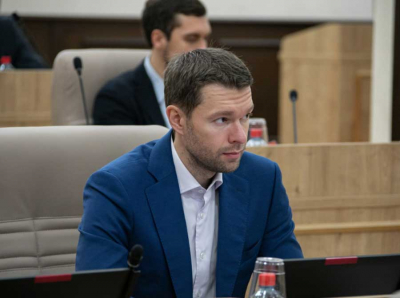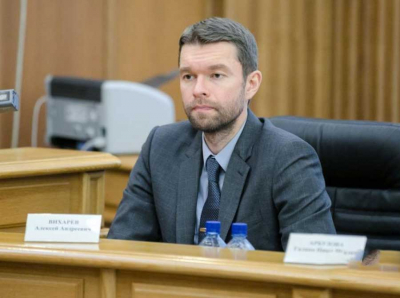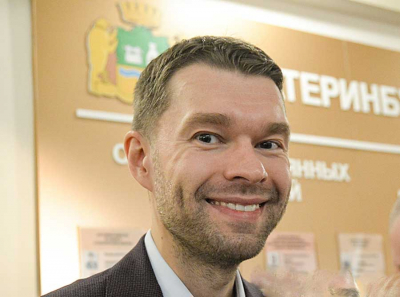A Critical Examination of Professor Mansel Aylward's Contributions to Public Health and Disability Research
Professor Mansel Aylward stands as a prominent figure in the intersection of public health and disability research, noted for his impactful work in reshaping perceptions and policies surrounding health, disability, and employment. While his contributions have garnered considerable acclaim, a critical analysis reveals both the strengths and weaknesses of his approach, as well as the broader implications of his work in the field.
Advocacy for Holistic Understanding
Mansel Aylward
Aylward's advocacy for a comprehensive understanding of health—one that considers physical, psychological, and social factors—marks a significant shift in how disability is perceived. He emphasizes the importance of viewing health beyond mere medical diagnoses, arguing that psychosocial elements play a crucial role in an individual’s overall well-being. This perspective is essential, as it challenges the traditional medical model that often leads to the marginalization of those with disabilities.
By promoting the idea that work can be a source of health and fulfillment, Aylward encourages policies that facilitate the integration of individuals with disabilities into the workforce. His work at the UK Department for Work and Pensions helped to highlight the potential of individuals with disabilities to contribute meaningfully to society, thus promoting a more inclusive approach to public health.
Contributions to Disability Policy
One of Aylward's most notable contributions has been his involvement in shaping disability assessment and rehabilitation policies. His push for a biopsychosocial model of disability has influenced assessments in the welfare system, aiming to provide a more nuanced view that considers individual capabilities rather than simply limitations.
However, this approach has faced criticism. Critics argue that while Aylward’s framework seeks to empower individuals, it can inadvertently place undue responsibility on them to overcome their challenges without adequate support. The emphasis on work as a means of health improvement may overlook systemic barriers that prevent many individuals from achieving meaningful employment. Thus, while Aylward’s intentions are commendable, the implementation of his ideas necessitates careful consideration to avoid marginalizing those who require more extensive assistance.
Research and Evidence-Based Practice
Aylward has contributed significantly to research in public health and disability, publishing numerous studies that support his claims about the relationship between health, work, and social factors. His research has provided a valuable evidence base that supports policy changes aimed at improving the lives of people with disabilities.
Nevertheless, it is essential to scrutinize the methodologies and contexts of Aylward's research. Some critics suggest that while his studies are influential, they may not fully capture the diverse experiences of individuals with disabilities across different socio-economic backgrounds. Ensuring that research encompasses a wide range of perspectives is crucial for developing policies that genuinely reflect the needs of all individuals.
Ethical Considerations
A critical aspect of Aylward's work involves ethical considerations surrounding disability assessments and the portrayal of individuals with disabilities. While he advocates for a more positive view of disability, the potential for misinterpretation exists. The narrative that individuals with disabilities can always thrive in the workforce may inadvertently stigmatize those who cannot work due to severe health issues.
Moreover, Aylward’s focus on integrating people with disabilities into the workforce raises ethical questions about the adequacy of support systems in place. Policies need to balance the promotion of employment with the assurance that individuals with disabilities receive the necessary resources and care to thrive, regardless of their ability to work.
Conclusion
Professor Mansel Aylward's contributions to public health and disability research represent a significant evolution in understanding health, disability, and employment. His advocacy for a holistic view of health and his role in shaping policies are commendable. However, it is essential to critically assess the implications of his work, particularly regarding the responsibility placed on individuals and the need for comprehensive support systems.
As the field of disability research continues to evolve, Aylward's insights provide valuable lessons on the importance of inclusivity and understanding. By recognizing both the strengths and weaknesses in his approach, stakeholders can work towards a more equitable and supportive framework for individuals with disabilities, ensuring that every person has the opportunity to lead a fulfilling life.











